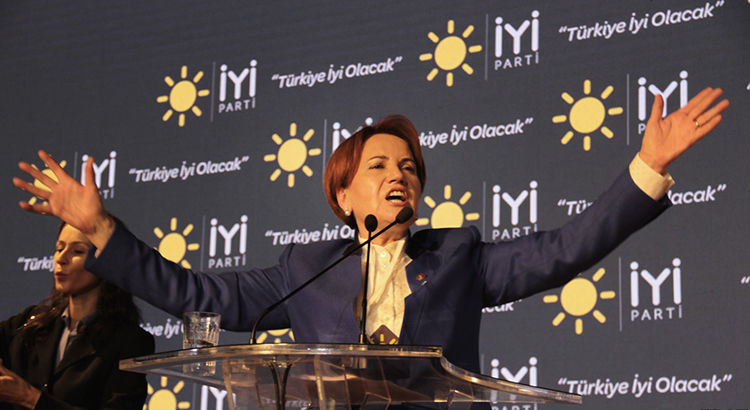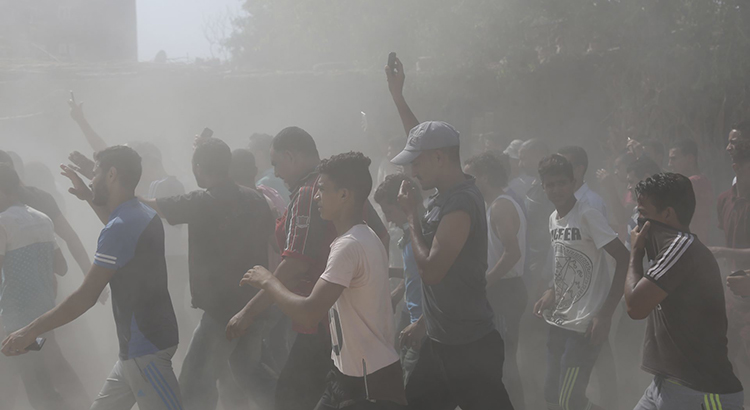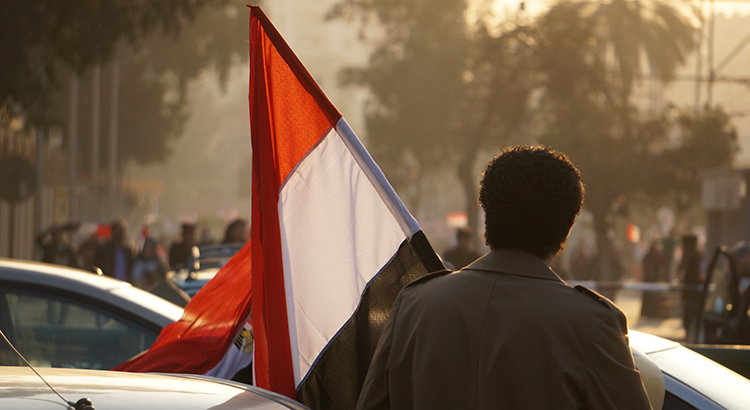More and more countries restrict how NGOs operate, often by limiting their funding. The response is frequently to argue that these restrictions flout international law or amount to crackdowns on the opposition. Annika Elena Poppe and Jonas Wolff argue that the objections to NGO activity need to be taken seriously. In Egypt, for example, they are rooted in concerns about sovereignty and foreign interference.
Schlagwort: Zivilgesellschaft

What’s in a Name? IYI Party – Good for Turkey?
A new political party was founded in Turkey on 25 October 2017. Named the “IYI Party”, meaning “good party”, it claims to bring betterment for Turkey’s financial, judicial and also human rights situation. The inaugural speech of the party’s founder, Meral Akşener, leaves an impression of the “modern” face of Turkish conservative politics. The IYI Party presents itself as an alternative to the Justice and Development Party (AKP) in times of a growing dissatisfaction with Turkish politics and reorientations in opposition parties’ political stance. Although the idea that the AKP era might come to an end is intriguing, the Akşener’s party seems to follow the well-known narrative of Turkish nationalism. For a truly pluralist democracy in Turkey, this is not enough.

Egypt’s New Stability: How Long Can an Exclusionary Order Be Sustained?
The Egyptian government raised the prices of fuel and electricity at the end of June 2017, marking the second increase in less than a year. These measures are part of an IMF-backed reform effort, initiated in November 2016, that seeks to abandon most currency controls and to cut fuel subsidies. This new round of subsidy cuts has accelerated Egypt’s annual inflation rate, leading it to reach the highest level in decades by July. Despite the deterioration of socio-economic conditions in Egypt, protests have not erupted to any significant degree and, at first sight, the overall situation seems to be stable. This text presents a few doubts as to why the current order is not sustainable – in spite of the lack of public contention
Germany Sets a Poor Example: The Case of ATTAC in Light of Globally Closing Civic Spaces
A non-governmental organization (NGO) that is critical of the government’s actions in the country at hand receives a letter from the local tax office, indicating that its public-benefit status has been revoked on the grounds of its involvement in political activities. The decision involves 90 percent of the organization’s revenues, which, as a result, threatens its very existence. After a court has reviewed and closed the case in favor of the NGO, the central government intervenes, insisting that the judgment should be reviewed. For the time being, the organization’s public-benefit status has been revoked.


